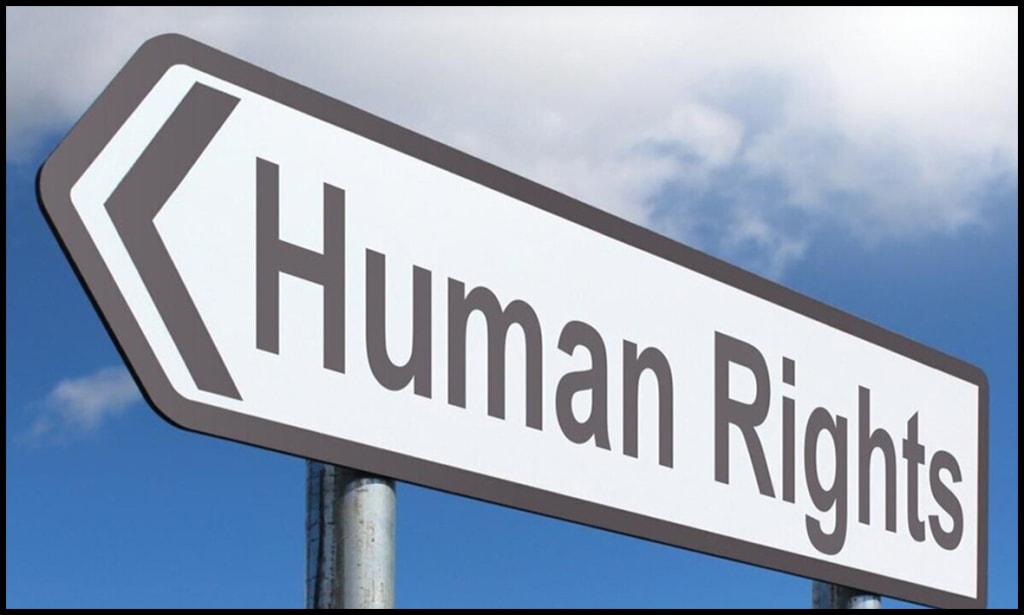
The idea that "the democracy of the strongest is always the best" might initially sound counterintuitive, even controversial. After all, democracy, in its ideal form, is commonly associated with principles like equality, representation, and the will of the majority. However, as we delve deeper into this topic, we will explore a perspective that suggests that a democracy that takes into account the strength, not only of individuals but also of a nation, can lead to better outcomes. In this essay, we will make a case for the concept that the strength of democracy, in terms of economic power, military prowess, and political stability, can indeed be a crucial factor in achieving the best possible governance.
Economic Strength and Democracy
Economic strength plays a pivotal role in any democratic society. A nation's economic prosperity affects its citizens' standard of living, access to education, healthcare, and overall well-being. A strong economy not only provides the resources necessary for government initiatives but also empowers individuals to pursue their own ambitions and improve their quality of life.
In a democracy, economic strength can lead to a more inclusive and vibrant society. A strong economy often generates more job opportunities, which, in turn, reduces unemployment and poverty rates. When people have access to meaningful employment, they can participate more actively in the democratic process, thus making it more representative. Moreover, a robust economy provides the government with the financial resources needed to invest in infrastructure, education, and social welfare, which are vital components of a thriving democracy.
Consider, for example, the Nordic countries like Norway, Sweden, and Denmark. These nations are often cited as having some of the world's strongest democracies, and their economic strength is a significant contributing factor. High GDP per capita and strong social welfare programs are possible due to their prosperous economies. In these democracies, the strength of the economy has allowed them to maintain low levels of inequality and high standards of living, contributing to the well-being of their citizens.
Military Strength and Democracy
While the primary purpose of democracy is to provide a platform for peaceful governance, it cannot be oblivious to external threats. History has shown that nations with strong military capabilities often have an upper hand in international negotiations and deterrence. In this context, the democracy of the strongest is also the most secure.
A robust military capability ensures a nation's sovereignty and the safety of its citizens. Without the ability to defend its interests, a democracy can be vulnerable to external aggression and coercion. As a result, the strength of the military is not only about the projection of power but also about safeguarding the democratic way of life.
For instance, consider the United States, a country often cited as the world's leading democracy. Its military strength, combined with its diplomatic and economic clout, has allowed it to play a significant role in maintaining global stability and promoting democratic values around the world. The U.S. military's presence has been instrumental in deterring potential aggressors and ensuring that democratic nations can flourish without the threat of external domination.
Political Stability and Democracy
Political stability is another crucial element of a strong democracy. A democracy can only function effectively when there is a stable political environment, where the rule of law is upheld, and power transitions occur peacefully. A democracy that constantly faces internal strife and turmoil may struggle to address the needs and aspirations of its citizens.
In some cases, the democracy of the strongest can also be interpreted as a strong and stable government. A government that is not easily swayed by internal conflicts and is capable of enforcing the rule of law contributes to a better democratic environment. The stability of the political system ensures that the will of the people can be effectively represented and executed.
Singapore is a prime example of a nation where the democracy of the strongest is evident. While it may not adhere to the conventional Western model of democracy, it has consistently maintained political stability and strong governance. Singapore's government has played a pivotal role in the country's economic success and the overall well-being of its citizens. This stability has allowed Singapore to implement long-term policies that have effectively addressed issues such as education, healthcare, and public infrastructure.
The Balance of Power in a Strong Democracy
The idea of the democracy of the strongest should not be misunderstood as advocating for authoritarianism or the suppression of individual rights and freedoms. Instead, it emphasizes the importance of striking a balance between the strength of the state and the rights and freedoms of its citizens.
In a strong democracy, individual rights and freedoms must be protected, and the government must be held accountable. The rule of law and a robust system of checks and balances are essential to ensure that those in power do not abuse their authority. Strong institutions, an independent judiciary, and a free press are vital components of such a democracy.
Moreover, a strong democracy is not just about the strength of the government but also about the empowerment of its citizens. A politically engaged and informed populace is a cornerstone of any thriving democracy. Therefore, it is essential to strike a balance between the strength of the government and the empowerment of the people.
Conclusion
In conclusion, the concept that "the democracy of the strongest is always the best" is not an endorsement of authoritarianism or the suppression of individual freedoms. Rather, it suggests that the strength of democracy is intricately connected to economic prosperity, military security, and political stability. A strong democracy ensures that citizens have the resources, security, and stability they need to thrive and actively participate in the democratic process.
While democracy should always prioritize individual rights and freedoms, it should not overlook the importance of a strong government capable of maintaining order and protecting the nation's interests. Striking a balance between the strength of the state and the empowerment of its citizens is the key to a successful democracy.
Ultimately, the democracy of the strongest is about building a society where individuals can enjoy the benefits of economic prosperity, live in security, and actively engage in the political process. In such a democracy, the strength of the nation translates into a better quality of life for its citizens, creating a society where the principles of democracy can be upheld and cherished for generations to come.
About the Creator
Elias
Reading serves as a gateway to knowledge, offering a vast universe of ideas, information, and inspiration waiting to be explored. It is a powerful tool that opens doors, ignites curiosity, and fuels personal and intellectual growth.
Enjoyed the story? Support the Creator.
Subscribe for free to receive all their stories in your feed. You could also pledge your support or give them a one-off tip, letting them know you appreciate their work.






Comments (1)
Democracy is fascinating to learn about! Great work!